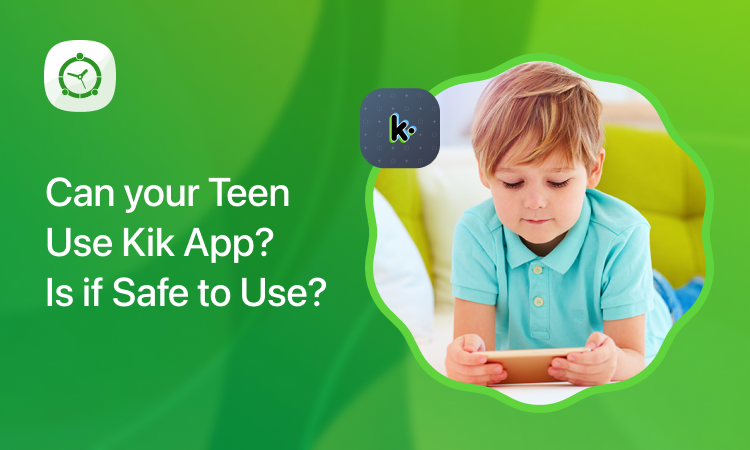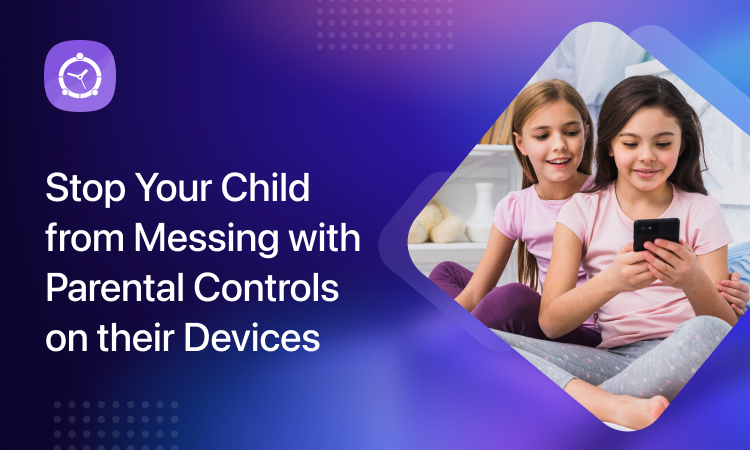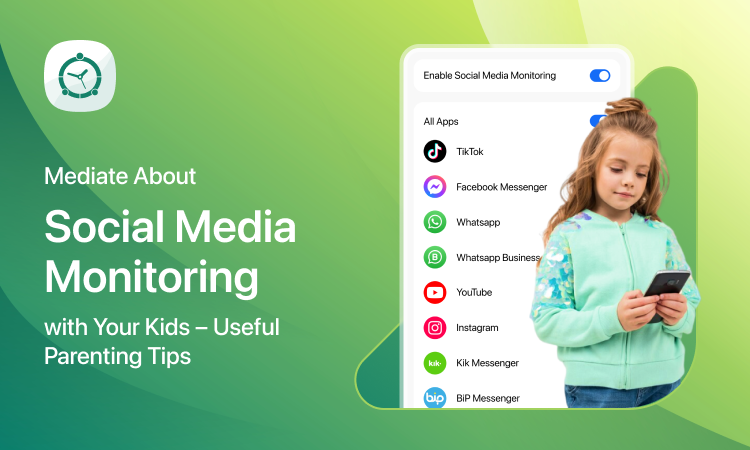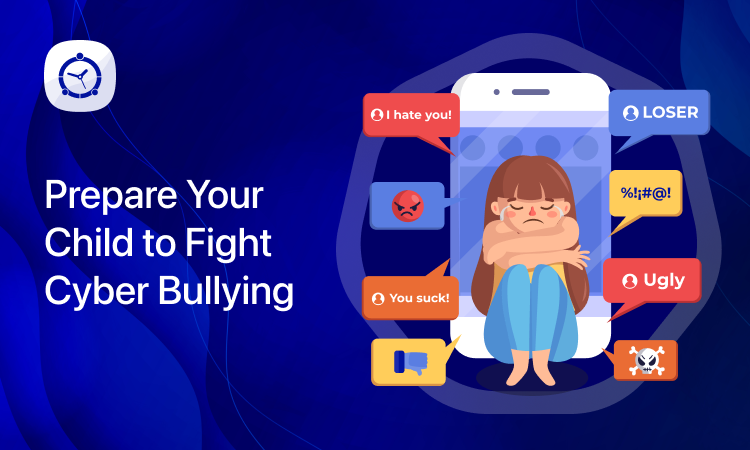
Teenage years are probably the most difficult years in your child’s life and a separation or divorce will not make those years easier. Unfortunately, about half of all teens will have to deal with divorce when they turn 16, according to the American Academy of Pediatricians. Living in two houses is never easy, but there are some steps you can take to make the lives of everyone involved easier.
- Keep your routine as normal as possible immediately after separation. Try to avoid drastic changes like moving house or a new relationship for a reasonable time.
- Establish a place for your teenagers in your house. Even if you only see them once a week or during some weekends, it is important for them to have a place for their things.
- Let your teens know that it’s okay to talk to you about the time they spent with the other parent. They should not feel self-conscious about expressing their affection.
- Ask your teens how they feel. The biggest impact of divorce is felt for two or three years, according to KidsHealth. Some problems you may notice include testing, aligning with the other parent, concern about relationships, financial worries, chronic fatigue and trying to become too dependent.
- Maintain the relationship with the rest of your family, including grandparents, aunts, uncles and cousins. These are people that your son has known and loved all his life; removing them from the panorama will only cause more pain.
- Work with the other parent, if possible, to keep consistent and frequent visits. According to the American Academy of Pediatricians, only one of six children from divorced families see their father at least once a week. Consistency is key in making life as normal as possible.
- Pass messages to the other parent yourself; do not expect your teenagers to be the messengers. This puts them in an awkward position.
- Do not try to spend more than the other parent in extravagant trips, clothes or other accessories. This is destructive to your teen’s relationship with the other parent.
- Keep negative comments about the other parent to yourself.
- Keep the fights with the other parent for a time where your teenagers are not around.
- Expect difficulties and rebellious behavior on the part of your teenager with this new situation. Have compassion, but continue to force appropriate discipline.
- Come to discuss any serious problems that have to do with your teenager with the other parent. Discuss situations that would guarantee a discussion during the initial separation. Other topics that parents should consider include events and school activities, grades, social events, and extracurricular activities.
Along with these simple tips, try to stay in contact with the other parent to accompany teens in their activities especially the ones related to their academics. For the purpose, you can take the assistance of digital parental control programs such as FamilyTime that lets you create a family chat room along with enabling parents to monitor their teens remotely from a distance any time even when they are not around. This lets parents nourish their kids positively and the right way.







